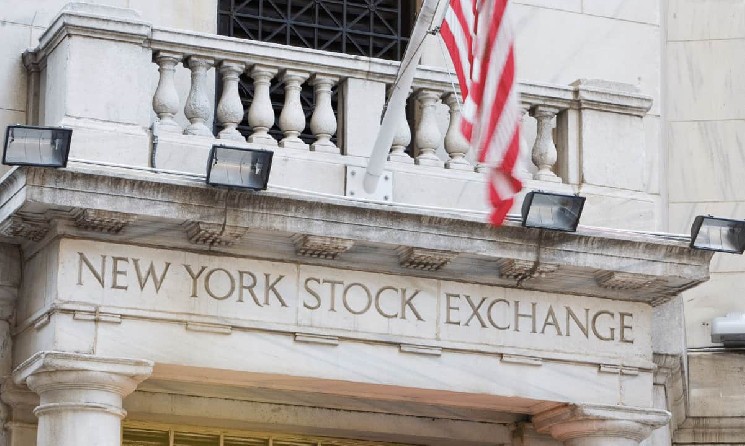A prominent economist is calling for major changes to the way crypto markets operate, arguing that rules similar to those on the New York Stock Exchange (NYSE) are needed to prevent extreme declines in the value of digital assets.
In a November 6 post on X, Alex Krueger said the lack of regulated market makers makes cryptocurrencies vulnerable to sharp price collapses during volatile trading.
Market maker rule example
In a post, the market expert explained that in traditional finance (TradFi), market makers responsible for providing liquidity have a legal obligation to maintain orderly trading.
On the New York Stock Exchange, these “designated market makers” are required to continually offer to buy or sell a particular stock, even when the price fluctuates widely. On Nasdaq, companies must follow Rule 4613, which requires them to post quotes within a set spread. Failure to do so will result in penalties from regulatory authorities, including loss of market maker status.
“In cryptocurrencies, market makers have no regulatory or contractual obligation to provide liquidity,” Krueger said. “In a crash, they can and do withdraw, leading to huge liquidity gaps and amplified price declines.”
His conclusion was clear. “This has to change.”
But during our conversations, the complexities of such a change became clear. In response, Tony, founder of Pelion Capital, agreed in principle but pointed out an important detail. He pointed out that TradFi market makers are protected by “circuit breaker”-like mechanisms, where automatic trading halts are triggered after the price moves by a certain percentage, such as 5-10%, and the halts give time for risk management.
“Without these MM protections, MMs could suffer dire losses,” Toney wrote, arguing that new obligations must be balanced with similar safeguards. Krueger agreed, adding that “exchanges can and should implement circuit breakers,” but suggested that it would be in the exchange’s best interest to do nothing.
Community discussions and market realities
The discussion expanded further, with some X users questioning the very idea of imitating traditional finance, calling the framework “stupid and unsophisticated compared to cryptocurrencies.” Krueger’s blunt response was that the current system is the main reason why “exchanges and market makers rape retail traders.”
But some blamed the traders themselves, with one user arguing that real responsibility only begins when market participants stop pursuing high-leverage unicorn companies.
Recent market turmoil highlights the need for stability. Earlier this week, the crypto sector lost more than $400 billion in value. An analysis of the Kobeisi letter pointed to extreme leverage as the main cause, noting that an average of 300,000 traders are liquidated each day.
At the time of writing, markets are still volatile, with Bitcoin (BTC) down more than 7% in the last week, Ethereum (ETH) down almost 13%, and Ripple’s XRP down more than 10%, according to data from CoinGecko.


